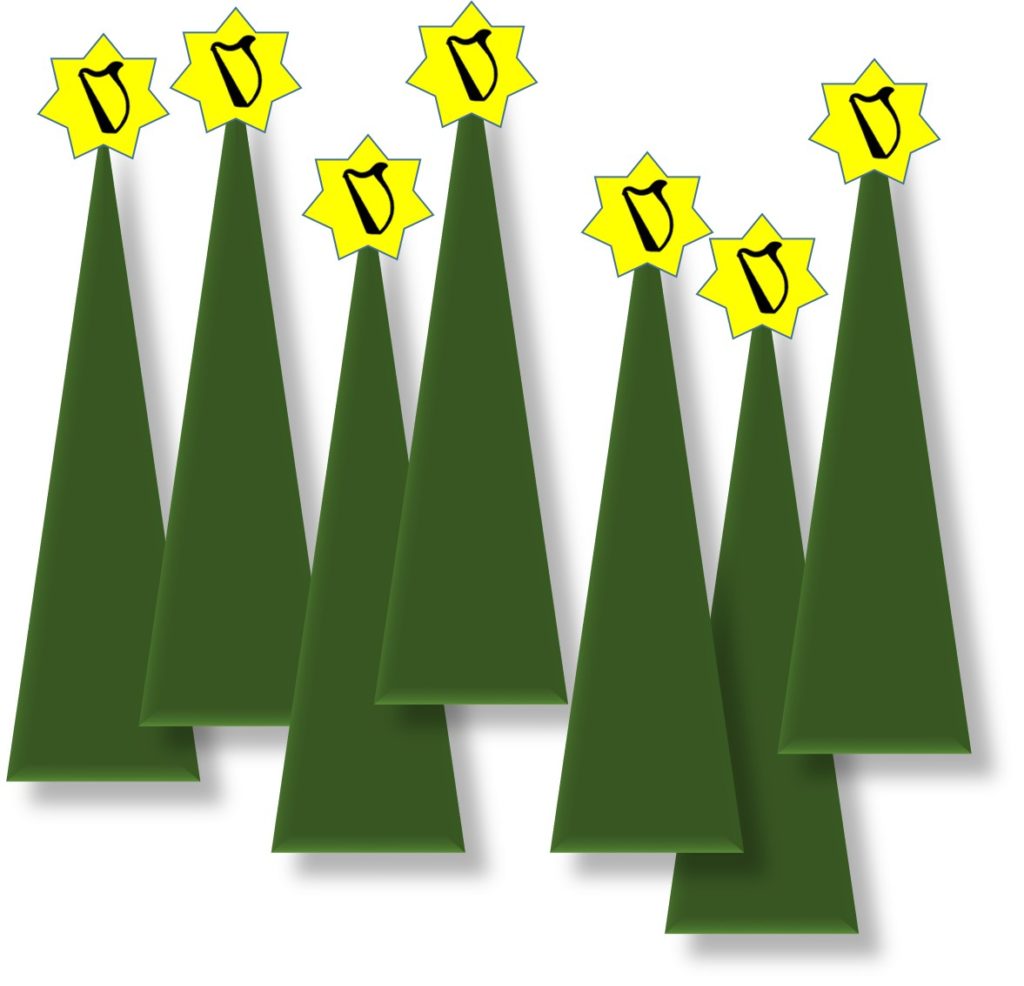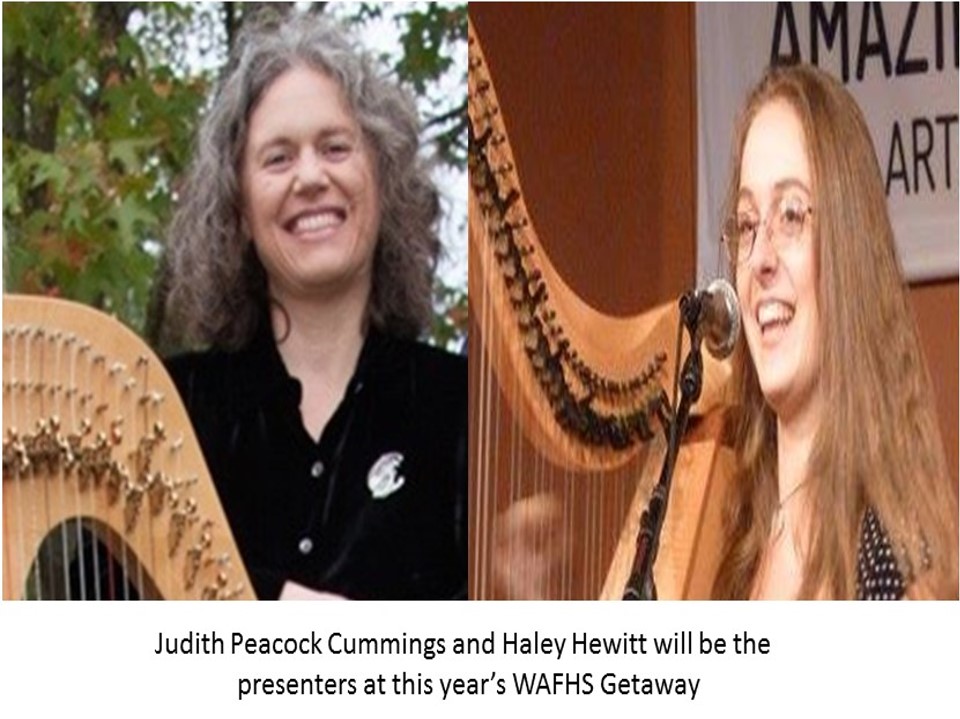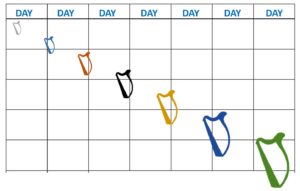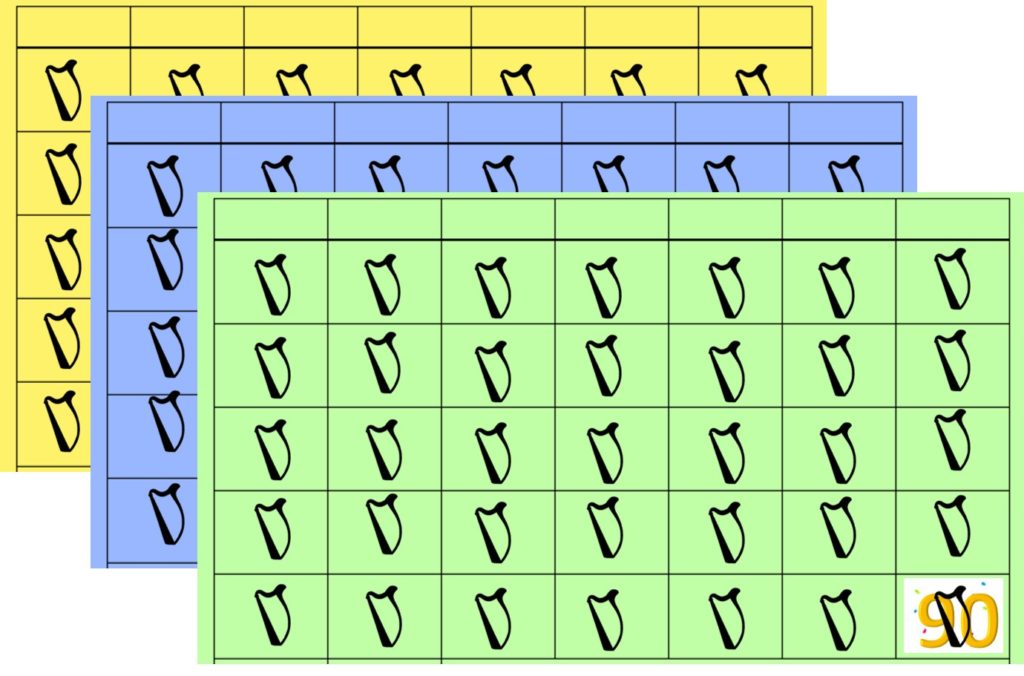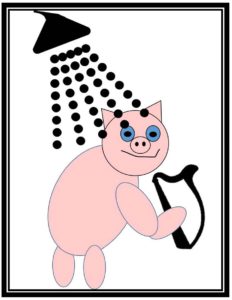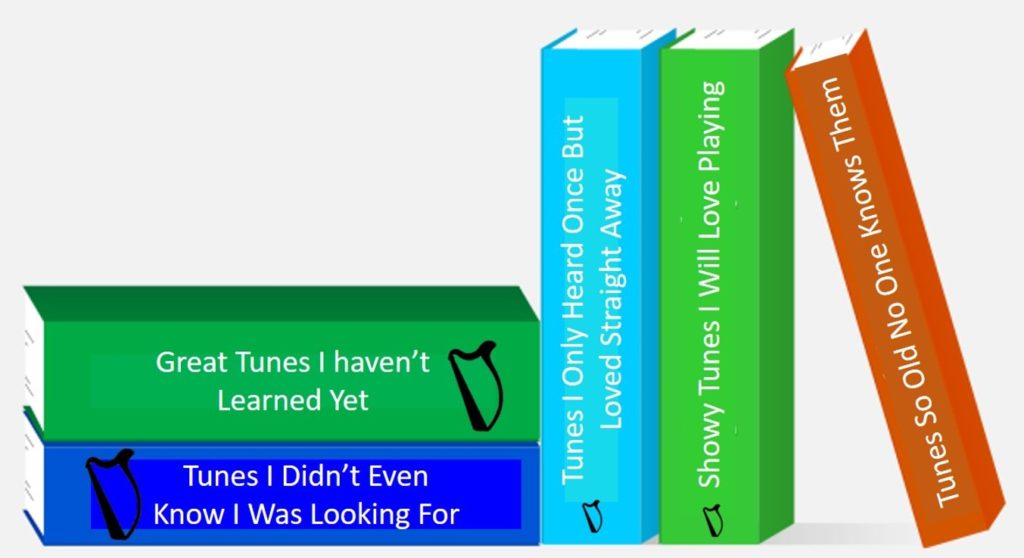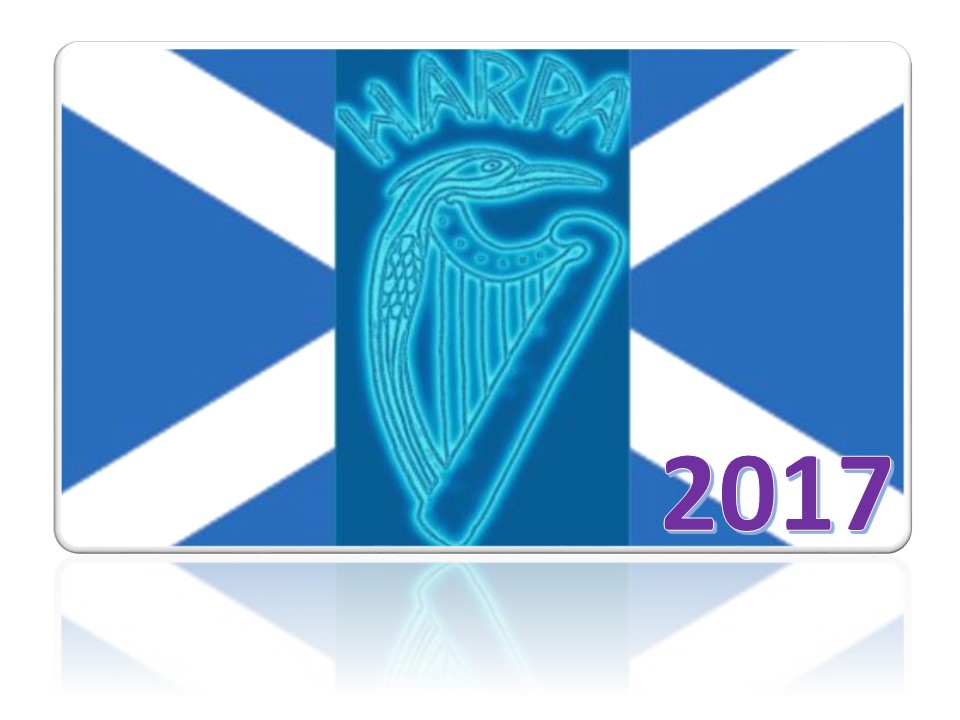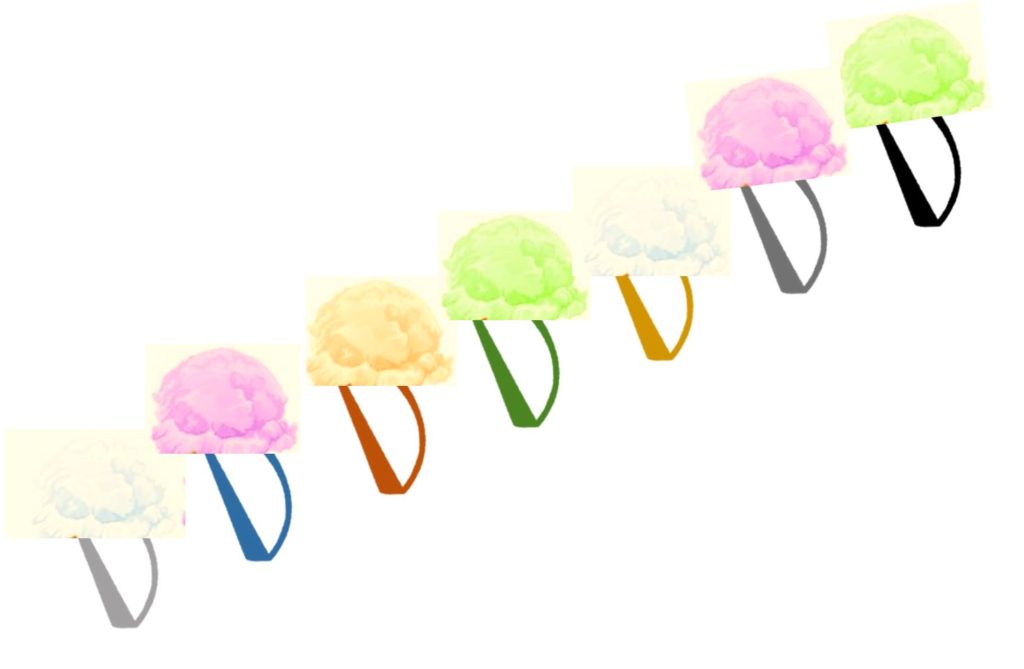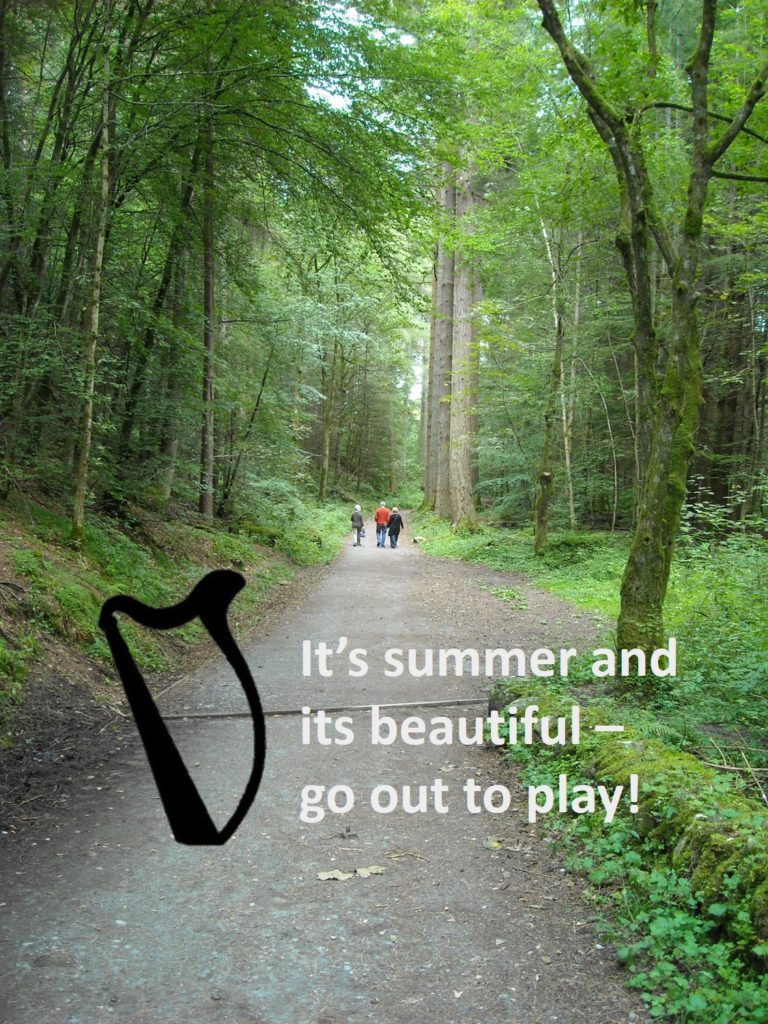Yea – it’s coming winter and the days are shorter and the nights are ever so long – so there should be plenty of time to practice! This weekend you will set your clocks back (OK, some of you did that last weekend) and you start the season with that extra hour of sleep unless you use the hour to practice rather than to sleep).
But those early nightfalls can actually make it more difficult to fit a practice in because it is prime time to snuggle into a blanket, drink hot chocolate, and read a good book! And nature is telling you to go to bed, so it can seem like no matter how much you know you need to practice, you just can’t fit it in. Do you have that problem? Maybe it’s just me, but if you feel it too, here are six things you can do to get through the time change relatively successfully: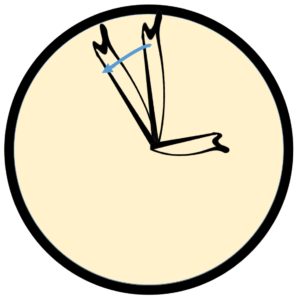
- Change the batteries in your smoke detectors – you know if you don’t they’ll start that annoying chirping in the middle of your practice and disrupt you!
- Be sure to prepare your car for the winter – you don’t want to be caught without your harp cart, your space blanket, a flashlight, gloves, or shelf stable snacks! And if you live in a cold place don’t forget other useful stuff like a shovel, and jumper cables.
- Pick out your favorite practice sweater! Make sure it’s comfy and allows you play without binding!
- Keep your hands warm before you start playing your warmups – it is difficult to get through a warmup if you can’t feel your fingers!
- Make sure you have started using a good cream or lotion on your hands – your skin is not only your first line of defense but also the part of you that touches the harp – so take care of it. Split skin and strings do not mix.
- Be kind to you – some people take a little while to adjust to the changes in the day. If you are sleepy or logy or notice you’re not playing very well – give yourself some time to adjust (no, that is not permission to skip practicing!)
Enjoy the lengthening nights, the coming cold, the looming busy winter season – all starting with this beginning of autumn marked (again) with the clock falling back!
